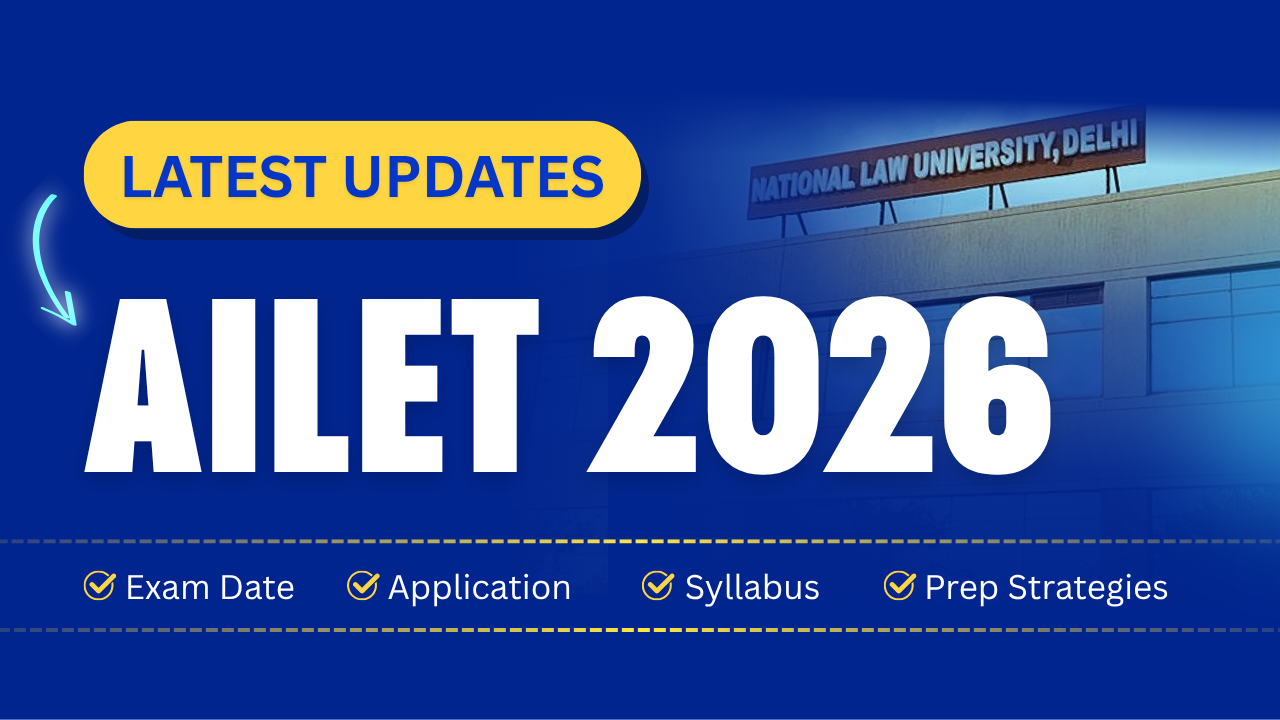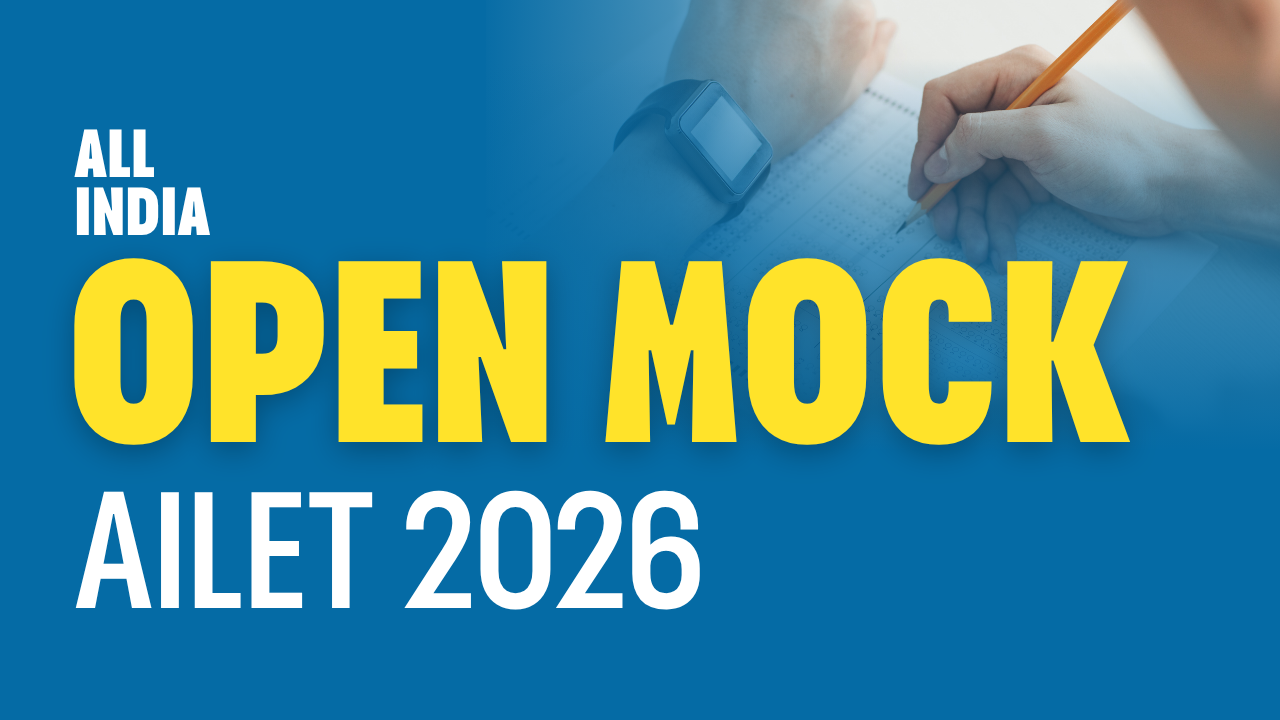By Clat Possible Team I Sep 07, 2022

The aspiration to study in a law school is triggered by a myriad of motivations. For some, it is an opportunity for exposure to a hitherto unknown field of study; for some, it is a well-planned journey to a fixed destination; and for some, it is a means to an end. Whatever be one’s motivation, the time spent in a law school affords one ample opportunity to turn one’s aspiration into reality. The aspiration may get modified, re-imagined, or even replaced along the way: but it is important to remember that these are the effects of an institution that are, more often than not, necessary.
The recruitment process of a law school is not very standard and is very institution-dependent. However, that is merely a concerning procedure. The kinds of opportunities available to a graduating law school student are more or less the same, across colleges. The question is: how motivated are you to translate that opportunity into a tangible achievement? The advantage of being in a “better-ranked” law school is that it eases your journey, in terms of the resources at your disposal.
Having said that, let’s briefly touch upon what we mean by “placements” in a law school and what transpires after that.
The recruitment process in a law school usually begins in the fourth year. Until then, one is expected to have worked as an intern at various organizations which include Chambers of Senior Advocates (Supreme Court or High Courts), offices of Advocates-on-Record, Law Firms, Corporate Offices, and Non-Government Organizations, among many others. The work experience, over some time, at any of the above-mentioned places tends to have a bearing on one’s chances of recruitment. The recruitments are handled by a “recruitment coordination committee”/ “placement committee” (the names may vary) which is either a completely student-run body or sometimes has a representative from the college administration.
The modes of recruitment are, broadly speaking, of the following types:
-
- ‘Day Zero’
- Pre-Placement Offers(“PPO”)
- Throughout the final year
- Overseas Placements



